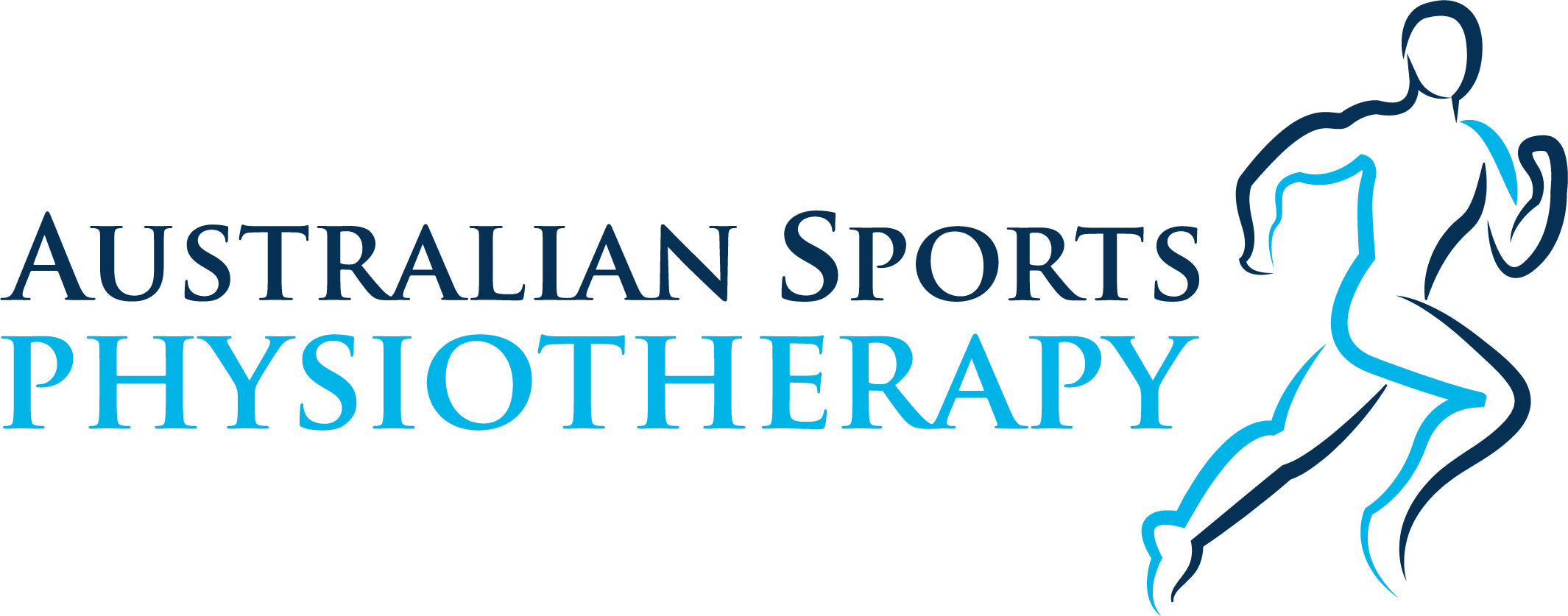If you’re having surgery, it’s important to prepare preoperatively in order to improve your post operative success and recovery process.
Pre-operative and post-operative physiotherapy can help you get back on track faster after surgery. At Australian Sports Physiotherapy, our comprehensive approach will give you a head start on recovery as well as an increased range of motion from our targeted exercises, which can also help prevent post operative complications such as joint stiffness.
You’ll be able to discharge from hospital with more confidence knowing that we’ve prepared your body for what lies ahead.
We work closely with your surgeon and other medical professionals to ensure that all aspects of your care are addressed before and after surgery for a better outcome.
What is the importance of physiotherapy?
The goal of physiotherapy is to restore, maintain, and improve the mobility, function, and well-being of patients. A physiotherapist provides health and fitness services as well as physical rehabilitation and injury prevention. Physiotherapists encourage their patients to take an active role in their rehabilitation.
Why is physiotherapy important before surgery?
Physiotherapy before joint replacement surgery, also known as “prehabilitation,” can reduce the need for post-operative care by nearly 30%. This translates into significant cost savings!
Pre-operative physiotherapy can reduce hospitalisation time
Patients who are prone to difficulties following surgery or who are at high risk of being transferred to a rehabilitation facility can benefit from pre-operative physical therapy.
Low-intensity exercise under the supervision of a physiotherapist enhances blood circulation, which in turn speeds the body’s healing process, from joint replacement to cardiothoracic surgery.
Similarly, patients who strengthen their core, arms, legs, and back are less likely to develop significant muscle atrophy during their rehabilitation. Muscle atrophy frequently delays a patient’s return home, even if they are recovering well.
Even a patient’s balance can be improved before surgery, reducing the likelihood of a subsequent fall, which could result in a lengthier hospital stay.
What is pre-operative physiotherapy?
A pre-operative physiotherapy or pre-habilitation program is an exercise-based program tailored by one of our physiotherapists for people who are about to undergo any surgery. This pre-habilitation program can help prevent complications that may arise without proper monitoring and care.

The benefits of pre-operative physiotherapy
- Restore the altered movement patterns induced by an injury.
- Mental preparation for what will happen after your surgery.
- Set SMART goals and practical tasks for returning to your normal activities after surgery.
- Start a tailored home-based exercise program post-surgery.
- The ability to reduce your post-operative length of stay and long-term rehabilitation costs.
- Ongoing support and guidance from one of our physiotherapists.
Why is physiotherapy important after surgery
Physiotherapy has been shown to help with pain relief, muscle strengthening, overall function, and movement.
Getting patients moving is critical to a successful recovery post-surgery. Improving circulation not only allows for faster healing but also minimises the likelihood of a blood clot forming.
Post-operative physiotherapy assists patients in regaining mobility and recovering more quickly, as well as ensuring that any replacements or repairs made during surgery heal completely.
The appropriate post-surgical treatment can help you feel less pain and swelling following your surgery. One of our physiotherapists may employ both icing and ultrasound to relieve localised swelling and pain.
Physiotherapy is also an excellent option for pain management, allowing many patients to avoid or limit their use of opioid medications.
What is the purpose of post-operative exercise?
- Improved spinal mobility after spinal surgery
- Early discharge from total hip and knee replacement surgery
- Increased cardiovascular fitness after colorectal surgery
- Reduced side effects after breast surgery.
- Reduced risk of blood clots in many surgeries
- Improved respiratory function and reduced hospital stay in post-cardiac surgery patients.
Common surgeries that require post-operative physiotherapy
- Hip replacement
- Knee replacement
- Hip arthroscopy
- Knee arthroscopy
- Anterior cruciate ligament (ACL) repair
- Shoulder replacement – reverse or anatomical
- Shoulder rotator cuff repair
- Spinal fusion surgery
- Spinal discectomy and decompression
- Ankle and foot surgery
- Achilles tendon repair

Final thoughts on Pre- and Post-operative Physiotherapy
Physiotherapists are professionals in restoring movement and function throughout the body. Structured pre- and post-operative rehabilitation programs help to restore range of motion, reduce pain, improve muscle strength and mobility.
We can help you recover faster and more comfortably if we begin working together as soon as possible. Some patients may even be able to reduce their postoperative care after physiotherapy.









